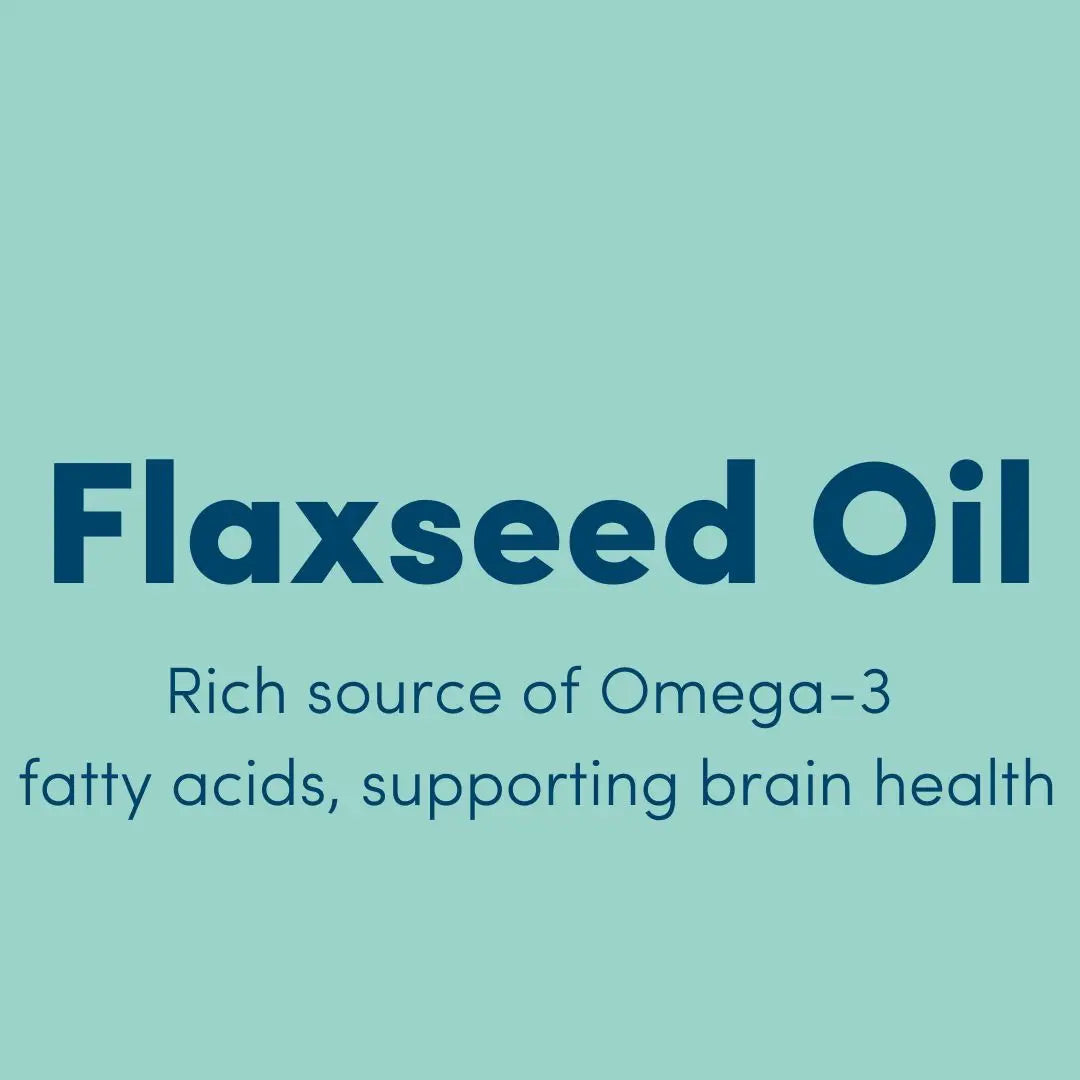References
1. Power, R., Nolan, J., Prado-Cabrero, A., Roche, W., Coen, R., Power, T., & Mulcahy, R. (2021). Omega-3 fatty acid, carotenoid and vitamin E supplementation improves working memory in older adults: A randomised clinical trial. Clinical Nutrition, 41(2), 405-414.
2. Wei, B.-Z., et al. (2023). The Relationship of Omega-3 Fatty Acids with Dementia and Cognitive Decline: Evidence from Prospective Cohort Studies of Supplementation, Dietary Intake, and Blood Markers. American Journal of Clinical Nutrition, 117(6), 1096-1109.
3. Andriambelo, B., et al. (2023). New perspectives on randomized controlled trials with omega-3 fatty acid supplements and cognition: A scoping review. Ageing Research Reviews, 85, 101835.
4. Tamakoshi, M., Suzuki, T., Nishihara, E., Nakamura, S., & Ikemoto, K. (2023). Pyrroloquinoline quinone disodium salt improves brain function in both younger and older adults. Food & Function, 14(5), 2496-2501.
5. Ikemoto, K., Ishak, N., & Akagawa, M. (2024). The effects of pyrroloquinoline quinone disodium salt on brain function and physiological processes. The Journal of Medical Investigation, 71(1-2), 23-28.
6. Shiojima, Y., et al. (2021). Effect of Dietary Pyrroloquinoline Quinone Disodium Salt on Cognitive Function in Healthy Volunteers: A Randomized, Double-Blind, Placebo-Controlled, Parallel-Group Study. Journal of the American College of Nutrition, 41(8), 796-809.
7. Huang, F., Guan, F., Jia, X., Zhang, J., Su, C., Du, W., Ouyang, Y., Li, L., Bai, J., Zhang, X., Wei, Y., Zhang, B., He, Y., & Wang, H. (2024). Dietary Choline Intake Is Beneficial for Cognitive Function and Delays Cognitive Decline: A 22-Year Large-Scale Prospective Cohort Study from China Health and Nutrition Survey. Nutrients, 16(17), 2845.
8. Kansakar, U., Trimarco, V., Mone, P., Varzideh, F., Lombardi, A., & Santulli, G. (2023). Choline supplements: An update. Frontiers in Endocrinology, 14, 1148166.
9. Blusztajn, J., Slack, B., & Mellott, T. (2017). Neuroprotective Actions of Dietary Choline. Nutrients, 9(8), 815.
10. Baba, Y., Inagaki, S., Nakagawa, S., Kaneko, T., Kobayashi, M., & Takihara, T. (2021). Effects of l-Theanine on Cognitive Function in Middle-Aged and Older Subjects: A Randomized Placebo-Controlled Study. Journal of Medicinal Food, 24(4), 333-341.
11. Dassanayake, T., Wijesundara, D., Kahathuduwa, C., & Weerasinghe, V. (2022). Dose-response effect of L-theanine on psychomotor speed, sustained attention, and inhibitory control: a double-blind, placebo-controlled, crossover study. Nutritional Neuroscience, 26(12), 1138-1146.
12. Dassanayake, T., Kahathuduwa, C., & Weerasinghe, V. (2020). L-theanine improves neurophysiological measures of attention in a dose-dependent manner: a double-blind, placebo-controlled, crossover study. Nutritional Neuroscience, 25(4), 698-708.
13. Suh, S., Kim, H., Han, J., Bae, J., Oh, D., Han, J., & Kim, K. (2020). Efficacy of Vitamins on Cognitive Function of Non-Demented People: A Systematic Review and Meta-Analysis. Nutrients, 12(4), 1168.
14. Wang, L., Zhou, C., Yu, H., Hao, L., Ju, M., Feng, W., Guo, Z., Sun, X., Fan, Q., & Xiao, R. (2022). Vitamin D, Folic Acid and Vitamin B12 Can Reverse Vitamin D Deficiency-Induced Learning and Memory Impairment by Altering 27-Hydroxycholesterol and S-Adenosylmethionine. Nutrients, 15(1), 132.
15. Nguyen, H., Jo, W., Hoang, N., & Kim, M. (2022). Anti-inflammatory effects of B vitamins protect against tau hyperphosphorylation and cognitive impairment induced by 1,2 diacetyl benzene: An in vitro and in silico study. International Immunopharmacology, 108, 108736.
This article is based on peer-reviewed scientific research and clinical trials. Individual results may vary. Consult with a healthcare provider before starting any supplement regimen.






